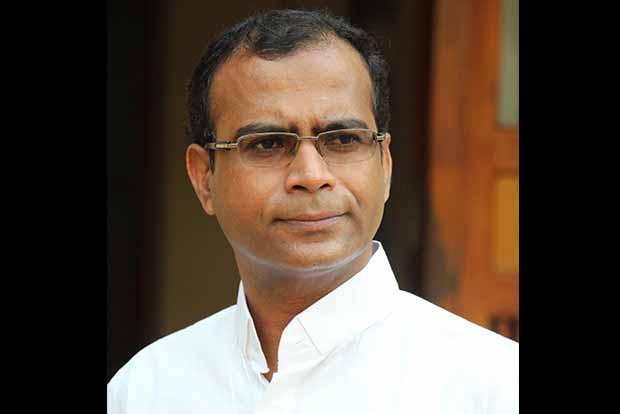Begin typing your search...
Plan your career: Time to ace the art of making right choices, shun wavering
For most of us deciding upon anything connected to our life becomes challenging as the result matters, but in that hurry are we really making the right choices?

Chennai
Whenever it comes to decision-making, I am confused. I can’t decide on anything easily. It hurts my family and friends. How do I overcome? (Suja Monohar)
Decision making is basically making choices. A stable mind that weighs both positive and negative options makes effective decisions. It gives the leverage to make a right choice without wavering.
There are levels of decision, styles of decision, rational decision and intuitive decision. The first three levels are quite structured. Intuitive is less structured as it relates to feeling and perceptions rather than analysing facts. Yet, it works amazingly!
Though intuition is complex, one needs to trust it. If it comes with accumulated life experiences, there is nothing to beat it. There are people who are naturally intuitive, some are expert intuitive decision makers due to their experiences, and there are others strategically intuitive due to the personal training of thoughts that respond to new situations.
The classical process of decision making often suggested are; defining the problem by approaching it from all angles, clarify and explore new objectives, identifying alternatives and believing that there is always way out, analysing consequences in order to ensure that solutions have a fruitful end and it leads automatically to make a right choice.
Indeed, decision-making skill is vital for students. It protects falling into traps that might ruin a good future. Decision Making is an art that can be developed.
The following considerations might help you to make better and informed decisions. Or else, you will be easily tricked into negative influences and make regrettable decisions.
- Increase your knowledge by researching and consulting.
- Construct a clear picture of whatever has to be decided.
- Have multiple options, become aware of the pros and cons of the options that you have in mind.
- Commit yourself to follow the decision faithfully. This way what might seem wrong decision initially can be turned into right with determination. Self-determination directs you towards your goal. It enhances valuing of your planning and learning from outcomes.
- Keep biases and fears away so that they don’t tilt you towards making a wrong decision.
- Understand your strengths and acknowledge your weakness to get help from elders and those who could guide you in your disabilities.
- Stop seeking perfection. It would cause unnecessary delay. Within the 60% that you do, finish perfectly. If you wait to make the best decision possible, the process might be long and tedious. Before you realize, you will find yourself on the downside of procrastination.
- Be honest with yourself in developing decision-making competencies.
A good decision-making capacity guides using your talents and resources efficiently, facing challenges and problems, increasing your overall efficiency and dealing with new ideas.
Remember! Making bad decisions are also part of decision-making. Even good leaders make bad decisions timetotime. One needs to go back and check the reasons for failures. Gut feeling can take us to a certain distance but a sound framework is necessary not to miss the target. If there is no sound framework one might fall prey to misinformation, manipulation, impulsiveness, and other negatively influencing factors. Be independent.
Don’t be influenced by negative people.
Check on the pattern of your decisionmaking particularly when things have gone wrong, so that you don’t repeat similar mistakes. It is true that style of decision-making varies according to the personality of the person. But everyone should adopt a clear strategy to materialize the decisions that we make. A decision without a roadmap lands in a cul de sac.
Always make decisions that are yours and not enter into making decisions for others, unless they are children and below the age of reason. Once you make the decision, never look back and regret.
Keep focusing on your next move.
Visit news.dtnext.in to explore our interactive epaper!
Download the DT Next app for more exciting features!
Click here for iOS
Click here for Android
Next Story



